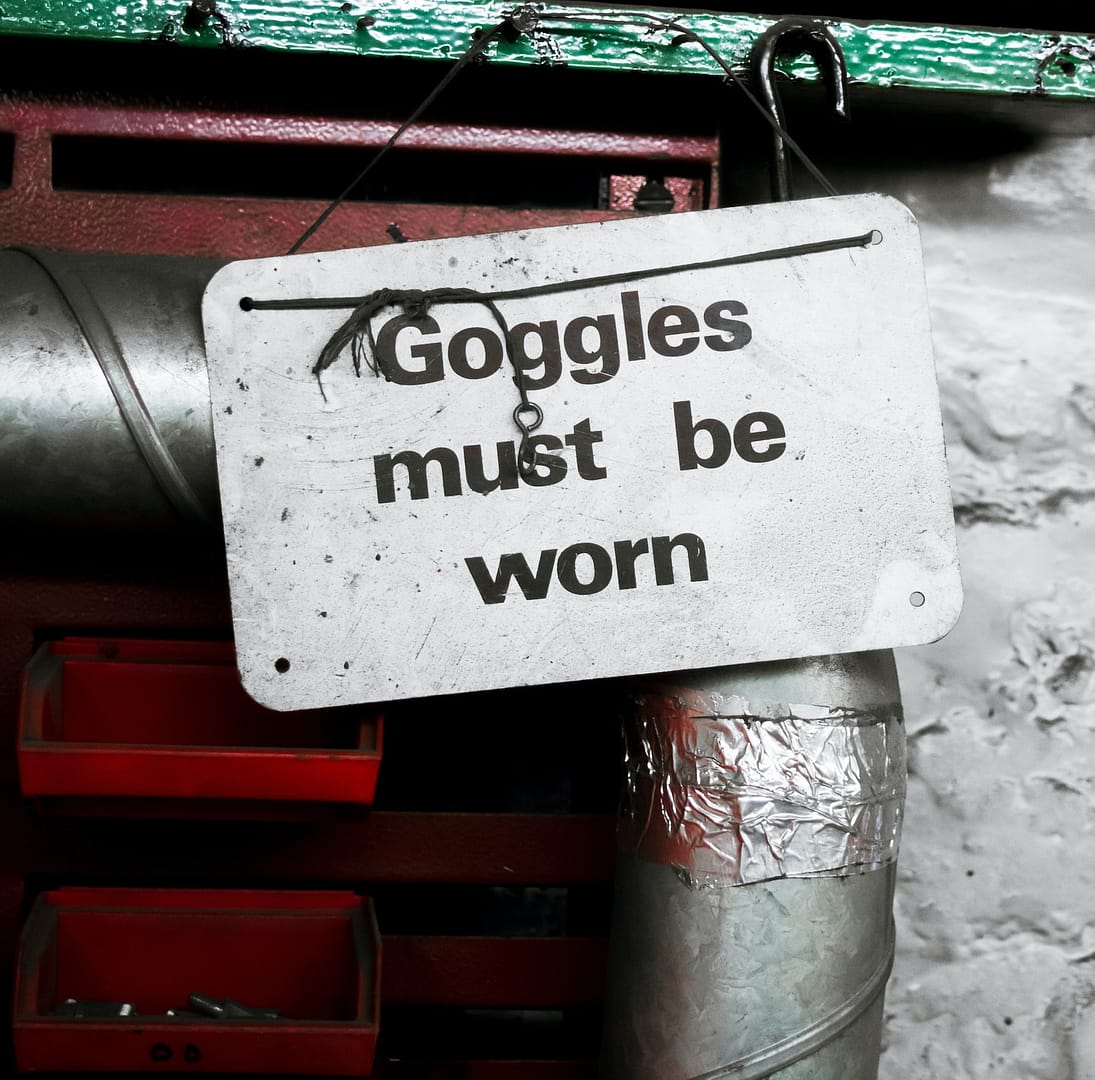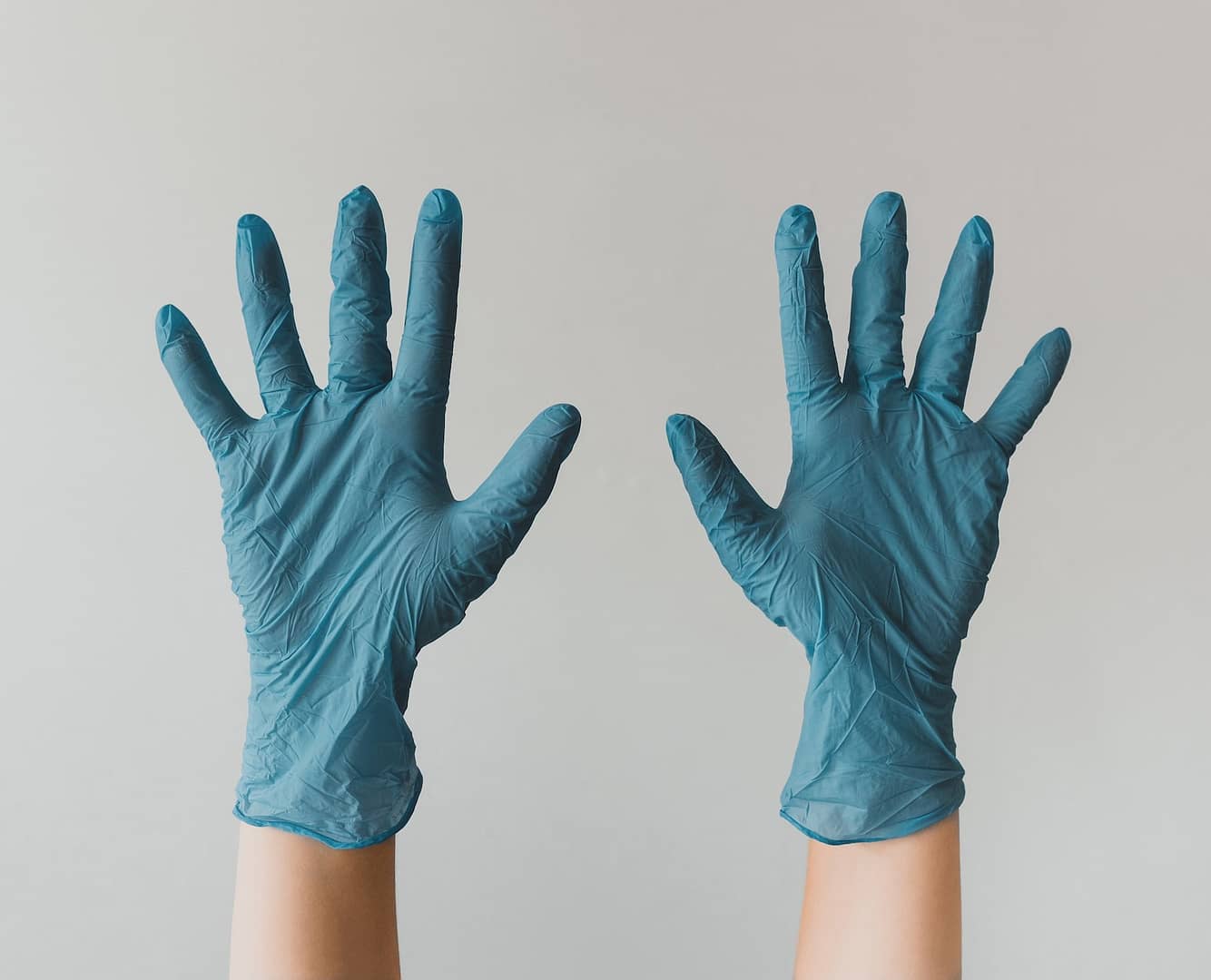In the realm of workplace safety, where the well-being of employees is of paramount importance, safety committees play a pivotal role. These committees serve as a cornerstone in the edifice of occupational health and safety, contributing significantly to the prevention of accidents and the creation of a secure working environment. In this article, we will delve into what safety committees are, their key responsibilities, and their vital role in ensuring workplace safety.
What is a Safety Committee?
To grasp the significance of safety committees, it’s essential to first understand what they are and what purpose they serve. A safety committee, sometimes referred to as a health and safety committee, is a group of individuals within an organisation tasked with overseeing and promoting safety in the workplace. These committees are typically comprised of both management representatives and employees, creating a collaborative effort to identify, assess, and mitigate risks.
Safety committees serve as a bridge between the management and the workforce, fostering a culture of safety that benefits everyone within the organisation. Their primary objective is to reduce workplace hazards, prevent accidents, and ensure compliance with safety regulations.
What Your Health and Safety Committee Will Do
Now that we have a basic understanding of what a safety committee is, let’s explore what these committees actually do to ensure workplace safety.
Identifying Hazards
Safety committees are the vigilant eyes and ears of the workplace. They regularly conduct inspections and hazard assessments to identify potential dangers. These hazards can range from exposed electrical wires to slippery floors or malfunctioning machinery. By proactively spotting these hazards, safety committees can work towards eliminating or mitigating them before they cause harm.
Developing Safety Policies and Procedures
Creating and maintaining safety policies and procedures is a crucial responsibility of safety committees. These documents serve as guidelines for safe practices within the workplace. The committee works collaboratively to draft and update these policies, ensuring they align with the latest safety regulations and industry standards.
Conducting Safety Training
Effective safety training is vital for preventing accidents. Safety committees organise and oversee safety training sessions for employees. These sessions educate workers on best practices, emergency procedures, and the proper use of personal protective equipment (PPE). By imparting knowledge and skills, safety committees empower employees to protect themselves and their colleagues.
Investigating Incidents
When accidents or near-misses occur, safety committees spring into action. They conduct thorough investigations to determine the root causes of the incidents. By analysing the circumstances surrounding accidents, safety committees can identify systemic issues and develop strategies to prevent similar incidents in the future.
Promoting Safety Culture
One of the most critical roles of safety committees is promoting a culture of safety within the organisation. They lead by example, demonstrating a commitment to safety in their actions and decisions. By fostering a culture where safety is prioritised, these committees encourage employees at all levels to take safety seriously.
Compliance Monitoring
Safety regulations and standards are continually evolving. Safety committees are responsible for staying up-to-date with these changes and ensuring that the organisation complies with them. This includes everything from fire safety codes to environmental regulations. Failure to comply can result in fines, legal issues, and, most importantly, increased safety risks.
Regular Meetings and Communication
Effective communication is a cornerstone of any successful safety committee. Regular meetings allow members to discuss safety concerns, share insights, and review incident reports. It’s through these interactions that committees can devise strategies to improve workplace safety continuously.
Employee Engagement
Involving employees in safety initiatives is essential. Safety committees encourage employees to report safety concerns, suggest improvements, and actively participate in safety programs. Engaged employees are more likely to be vigilant about safety in their day-to-day work.
Emergency Preparedness
Safety committees also play a pivotal role in emergency preparedness. They develop and test emergency response plans, ensuring that employees know what to do in case of fires, natural disasters, or other emergencies. Being prepared can save lives and minimise property damage.
Monitoring Safety Performance
Data-driven decision-making is becoming increasingly important in occupational safety. Safety committees track safety performance metrics, such as the number of accidents, near-misses, and safety training completion rates. These metrics provide valuable insights and help the committee identify areas that need improvement.
Making an Accident at Work Claim with National Claims
Now that we’ve explored the vital role of safety committees in ensuring workplace safety, let’s turn our attention to another aspect of workplace safety – addressing accidents when they do occur. At National Claims, we understand that accidents can happen despite the best safety measures in place. When you’ve been injured at work due to negligence or unsafe conditions, we’re here to guide you through the process of making an accident at work claim.
Why Choose National Claims?
National Claims is a leading authority in personal injury claims, specialising in workplace accidents. Our dedicated team of legal experts has a wealth of experience in handling workplace injury cases. We are committed to ensuring that you receive the compensation you deserve for your pain, suffering, medical expenses, and loss of income.
The Process of Making a Work Accident Claim
Free Initial Consultation: Our process begins with a free initial consultation. During this consultation, you’ll have the opportunity to discuss your case with one of our experienced solicitors. We’ll assess the details of your workplace accident and provide you with an initial evaluation of your claim’s viability.
Gathering Evidence: To build a strong case, it’s essential to gather evidence related to your workplace accident. This may include medical records, witness statements, photographs of the accident scene, and any relevant documentation from your employer regarding safety procedures.
Determining Liability: Establishing liability is a crucial step in a work accident claim. We’ll work to determine whether your employer or a third party bears responsibility for your injuries. In some cases, multiple parties may be liable.

Conclusion
In conclusion, workplace safety is a multifaceted endeavour, and safety committees are a critical component of maintaining a secure working environment. Their dedication to identifying hazards, developing safety policies, conducting training, and fostering a culture of safety is essential for protecting employees and preventing accidents.
However, accidents can still occur, even in the safest of workplaces. When they do, National Claims is here to support you in making a work accident claim. Our experienced legal team is committed to helping you navigate the complexities of the claims process and obtain the compensation you deserve.
Remember, workplace safety is a shared responsibility, and organisations must continue to prioritise it. Whether through the efforts of safety committees or the legal assistance of firms like National Claims, the ultimate goal is to create workplaces where employees can perform their duties without undue risk to their health and well-being.
Contact us to start your claim and to find out how we deal with accidents at work today.
Click below to see why we are one of the most trusted claims management companies in the UK.

We’re proud of our excellent customer reviews
We thrive on delivering exceptional service and ensuring our clients’ satisfaction. Don’t just take our word for it. Check out some of our independent reviews to see what our clients have to say.
Excellent

This firm is excellent, they sorted out my car pay out and injury claim very fast, they always communicate with you all the time.

My accident case was dealt with confidence and with great result of the outcome, especially James kept me informed all the time.

I was very impressed at the way my inquiry was treated. I was listened to attentively and everything I needed to know was explained to me.






